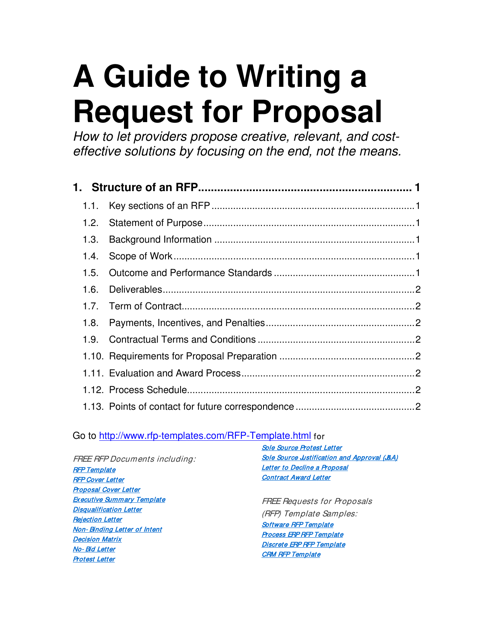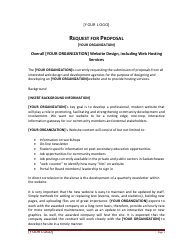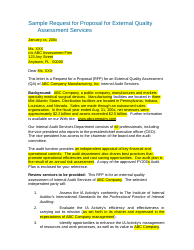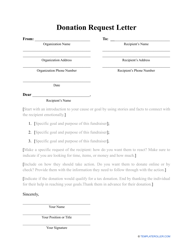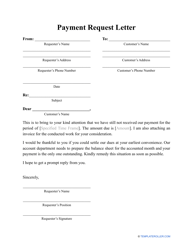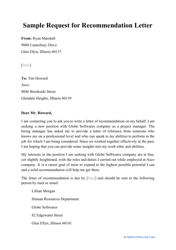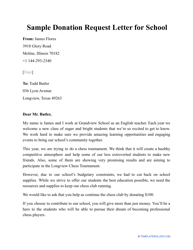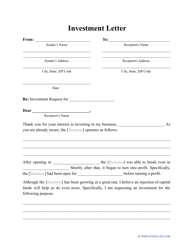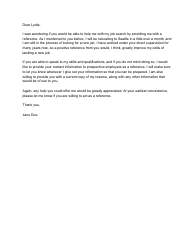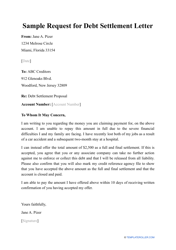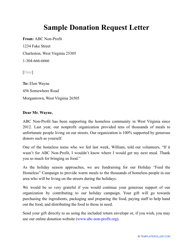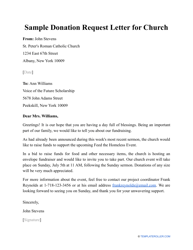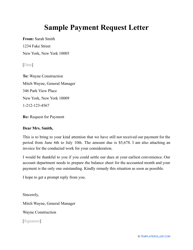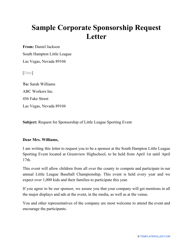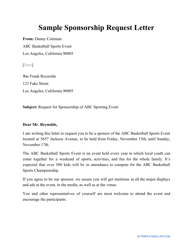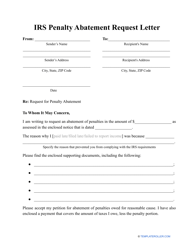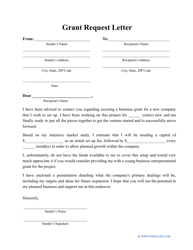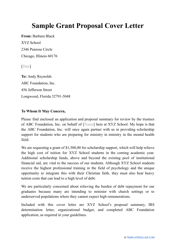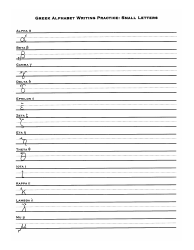A Guide to Writing a Request for Proposal
A Guide to Writing a Request for Proposal is a document that provides instructions and guidance on how to draft a formal request for proposals. It helps organizations clearly communicate their requirements to potential vendors or contractors in order to solicit competitive bids or offers for a specific project or service.
FAQ
Q: What is a Request for Proposal (RFP)?
A: A Request for Proposal (RFP) is a document that outlines the requirements and specifications for a project, and invites vendors and suppliers to submit proposals to fulfill those requirements.
Q: Why is writing an RFP important?
A: Writing an RFP is important because it helps to ensure that project requirements are clearly defined, encourages competition among vendors, and provides a structured evaluation process for selecting the best proposal.
Q: What should be included in an RFP?
A: An RFP should include a project overview, objectives and scope, desired deliverables, timeline, evaluation criteria, budget, and any specific requirements or qualifications that vendors must meet.
Q: How should I structure an RFP?
A: An RFP should have a clear and organized structure, including an introduction, background information, project details, submission guidelines, and contact information for questions or clarification.
Q: How can I attract qualified vendors with my RFP?
A: To attract qualified vendors, make sure your RFP is clear, concise and well-written. Provide enough information about the project and its requirements, and make the submission process easy and straightforward.
Q: How should I evaluate proposals received through an RFP?
A: To evaluate proposals received through an RFP, establish an evaluation committee that will assess each proposal based on predefined criteria. Consider factors such as vendor experience, cost, quality, and alignment with project objectives.
Q: What are some common mistakes to avoid when writing an RFP?
A: Some common mistakes to avoid when writing an RFP include vague or incomplete requirements, unrealistic expectations, unclear evaluation criteria, and not allowing sufficient time for vendors to respond.
Q: How do I ensure confidentiality of information in an RFP?
A: To ensure confidentiality of information, include a confidentiality clause in the RFP that clearly states the expectation of confidentiality, and require vendors to sign a non-disclosure agreement before accessing sensitive information.
Q: Can I request references or past work examples in an RFP?
A: Yes, it is common to request references or past work examples in an RFP. This helps evaluate the vendor's experience and capabilities, and allows you to assess their suitability for the project.
Q: What is the deadline for vendors to submit proposals?
A: The deadline for vendors to submit proposals should be clearly specified in the RFP. Provide a reasonable amount of time to allow vendors to prepare and submit their proposals on time.
